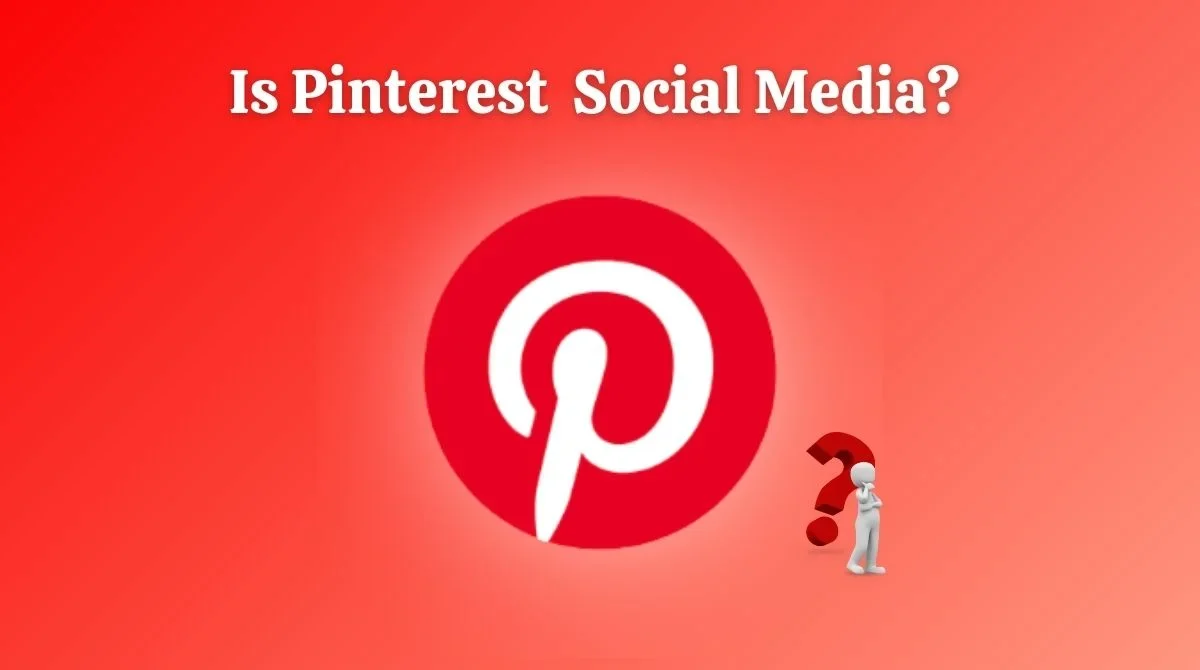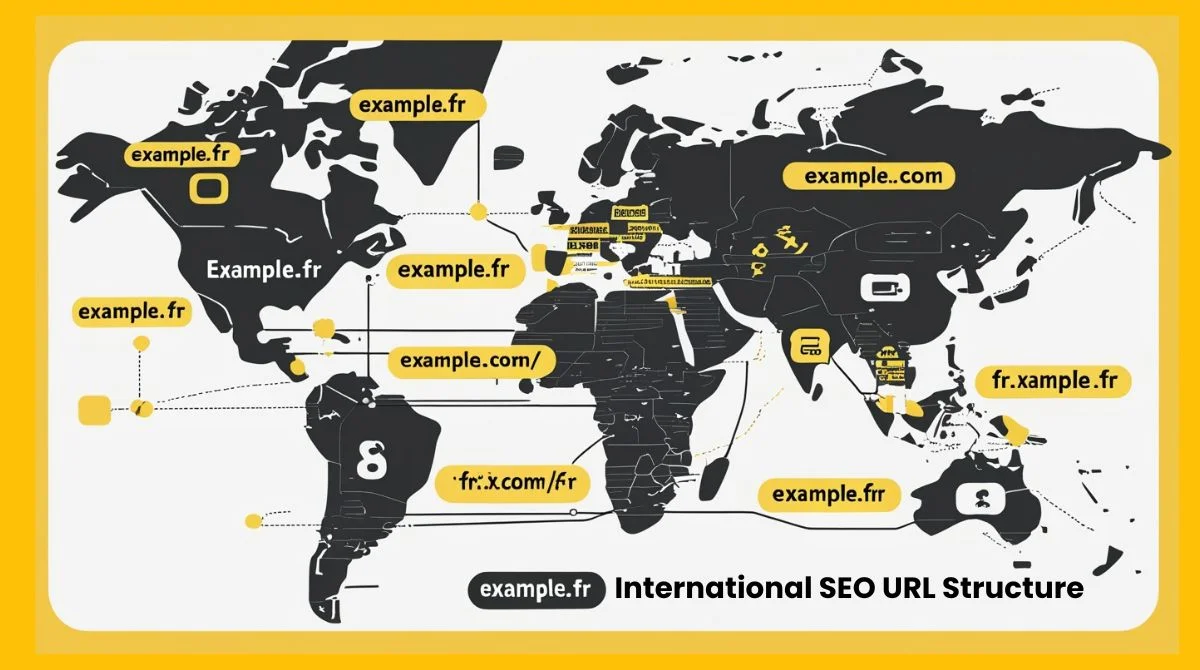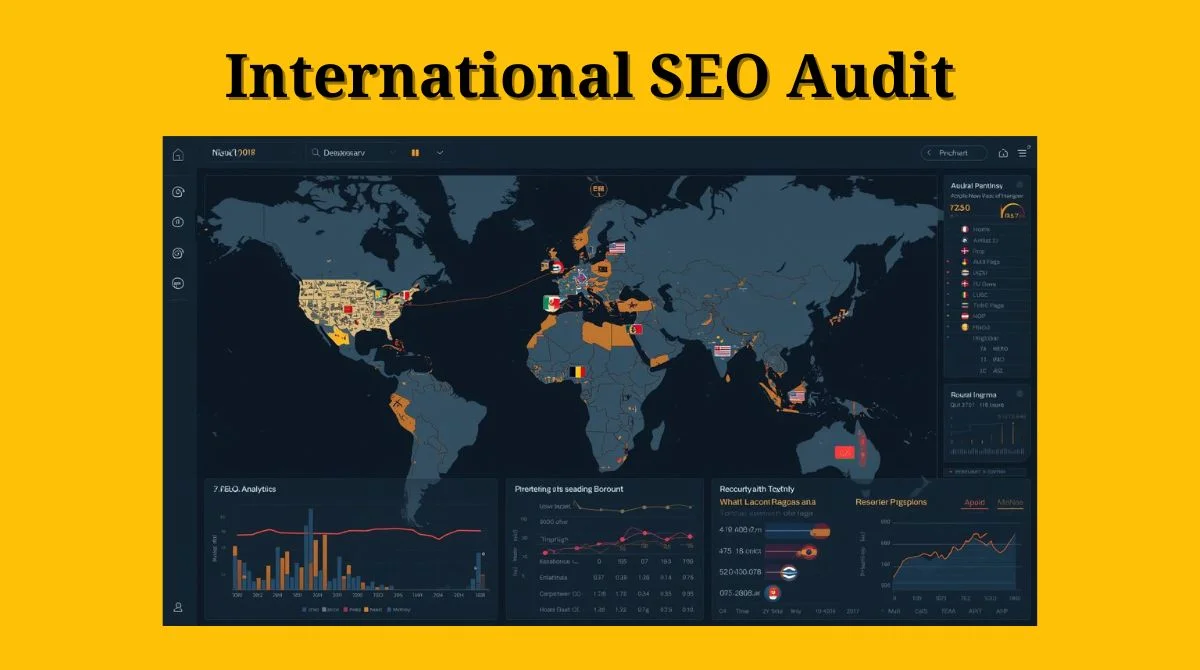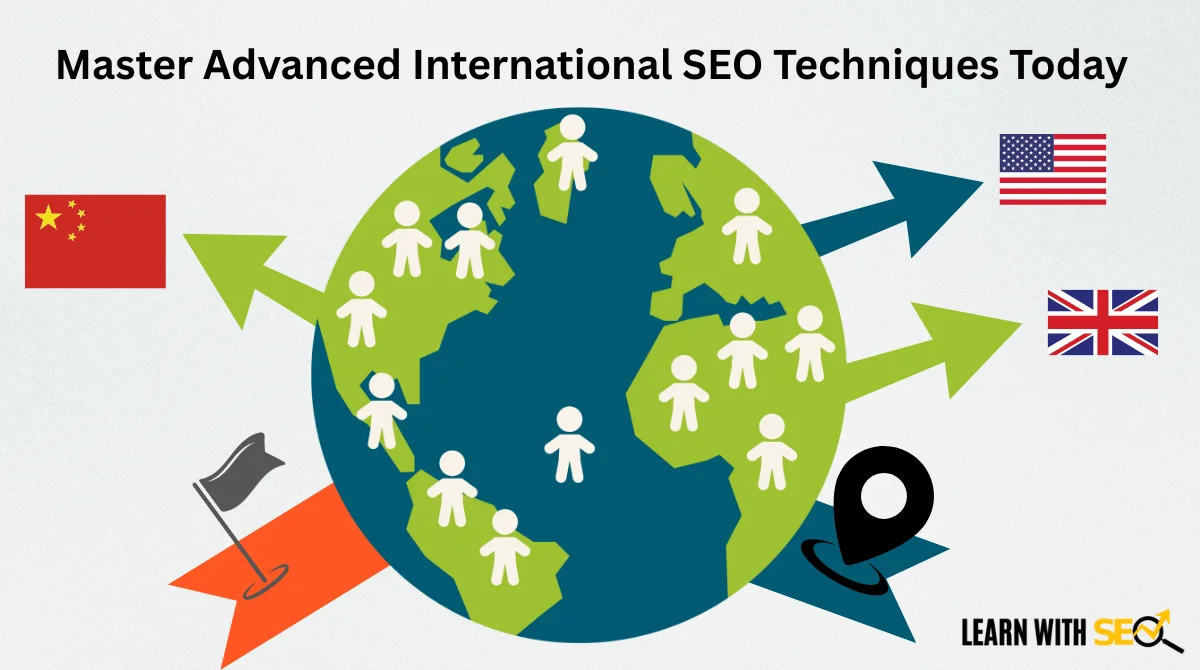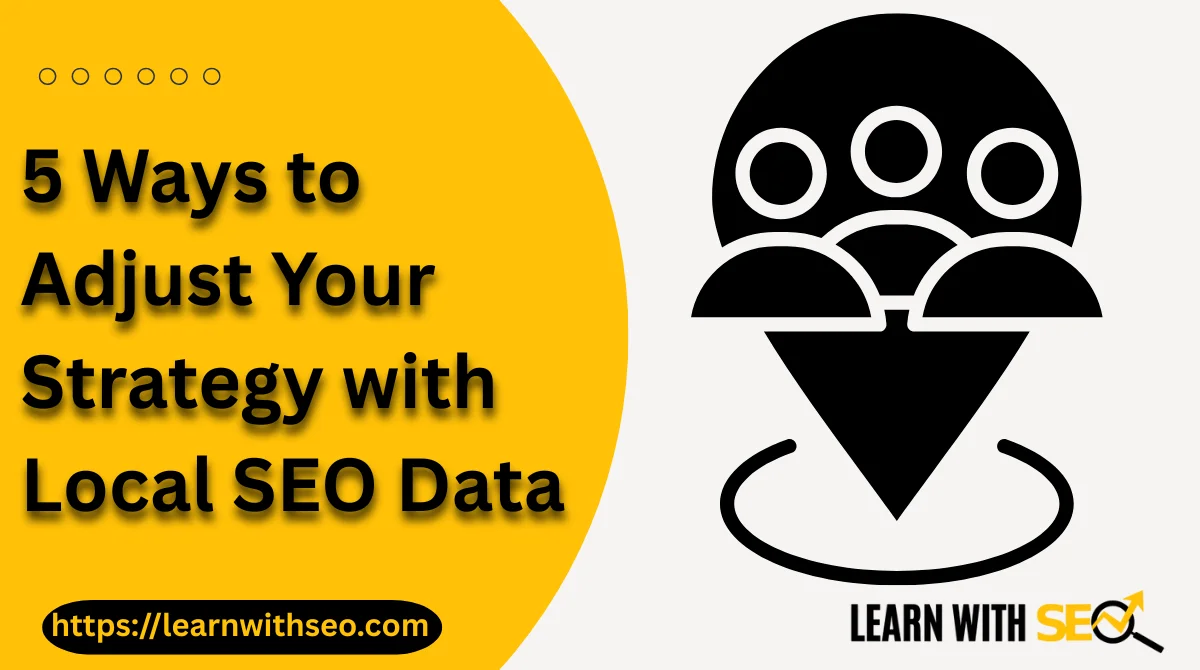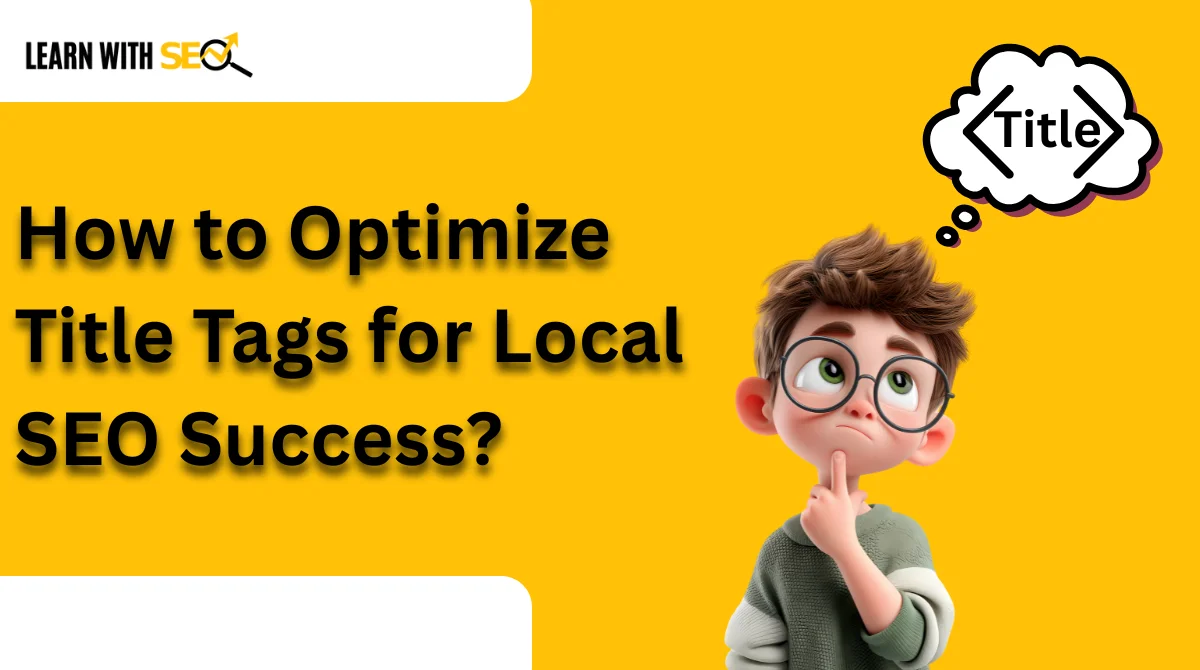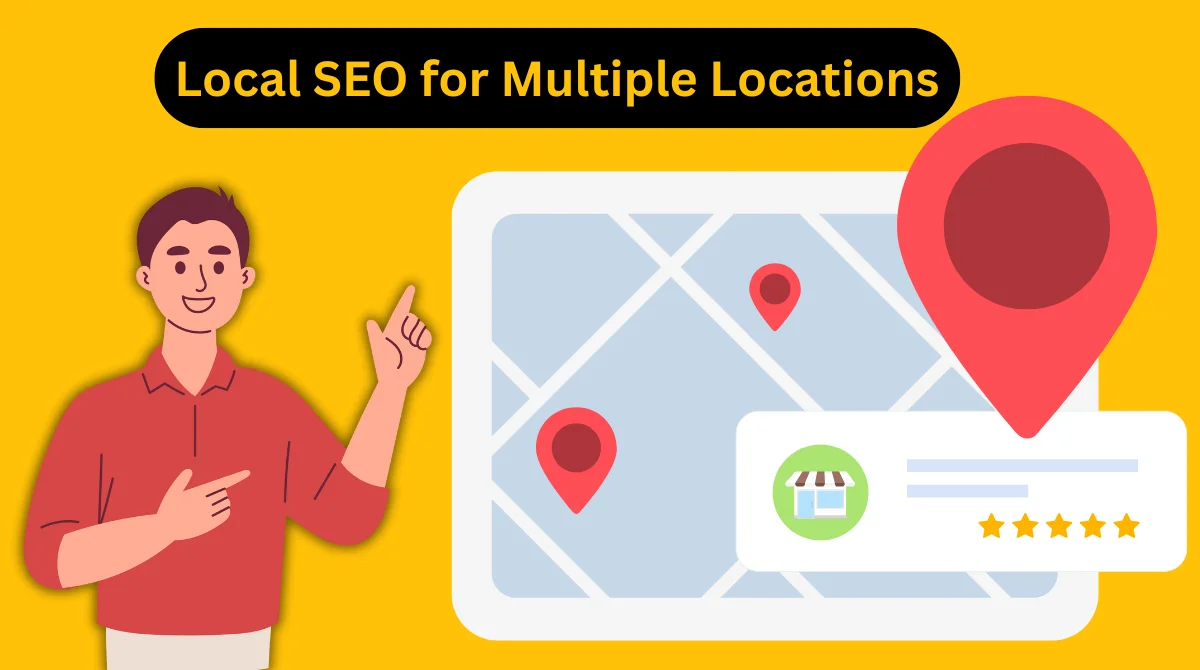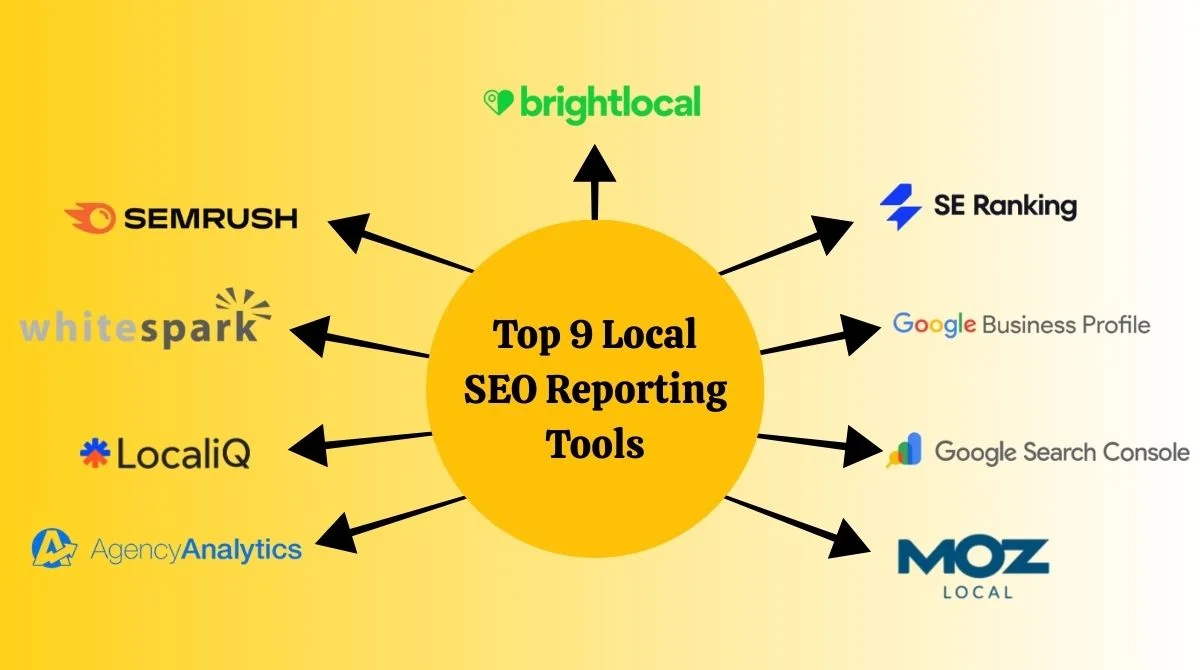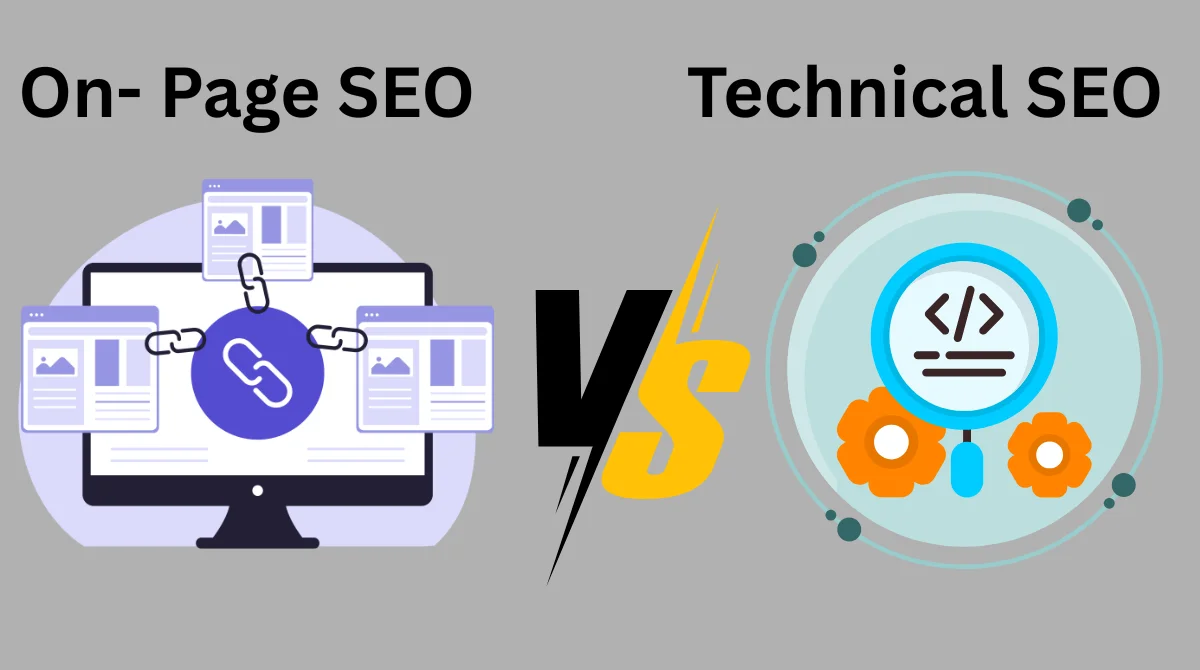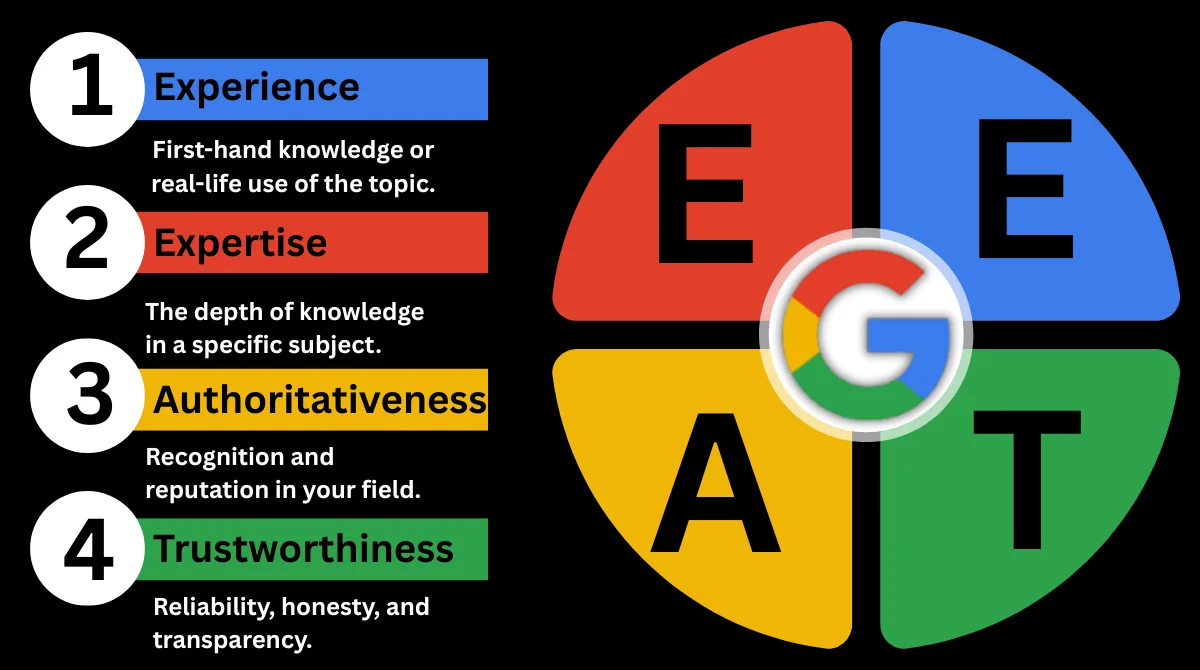- Is Pinterest Considered a Social Media Platform?
- What Makes Pinterest Different from Traditional Social Media?
- Pinterest as a Visual Search Engine
- Social Media Elements Pinterest Does Have
- Current Pinterest Statistics for 2025
- Why the Classification Matters for Marketers?
- Pinterest vs Other Social Platforms
- The Hybrid Platform Reality
- Business Benefits of Pinterest's Unique Position
- Content Strategy for Pinterest Success
- Pinterest Shopping and E-commerce Integration
- User Behavior Patterns on Pinterest
- The Verdict: Is Pinterest Social Media?
- Future of Pinterest as a Platform
- Conclusion
Is Pinterest Considered a Social Media Platform?
Pinterest has sparked debates among marketers and users alike. The question “Is Pinterest social media?” continues to generate discussions across digital marketing circles. This platform sits uniquely between social networking and visual search functionality.
Understanding Pinterest’s true nature helps businesses create better marketing strategies. Let’s explore what makes this platform different from traditional social media sites.
What Makes Pinterest Different from Traditional Social Media?
Pinterest functions in a distinct way compared to platforms such as Facebook or Instagram. Pinterest users mainly seek visual ideas and inspiration instead of focusing on social interaction or networking. This fundamental difference shapes how people interact with content.
The platform focuses on discovery rather than conversation. Users save ideas for future reference instead of engaging in real-time discussions. This distinct user behavior differentiates Pinterest from conventional social media platforms.
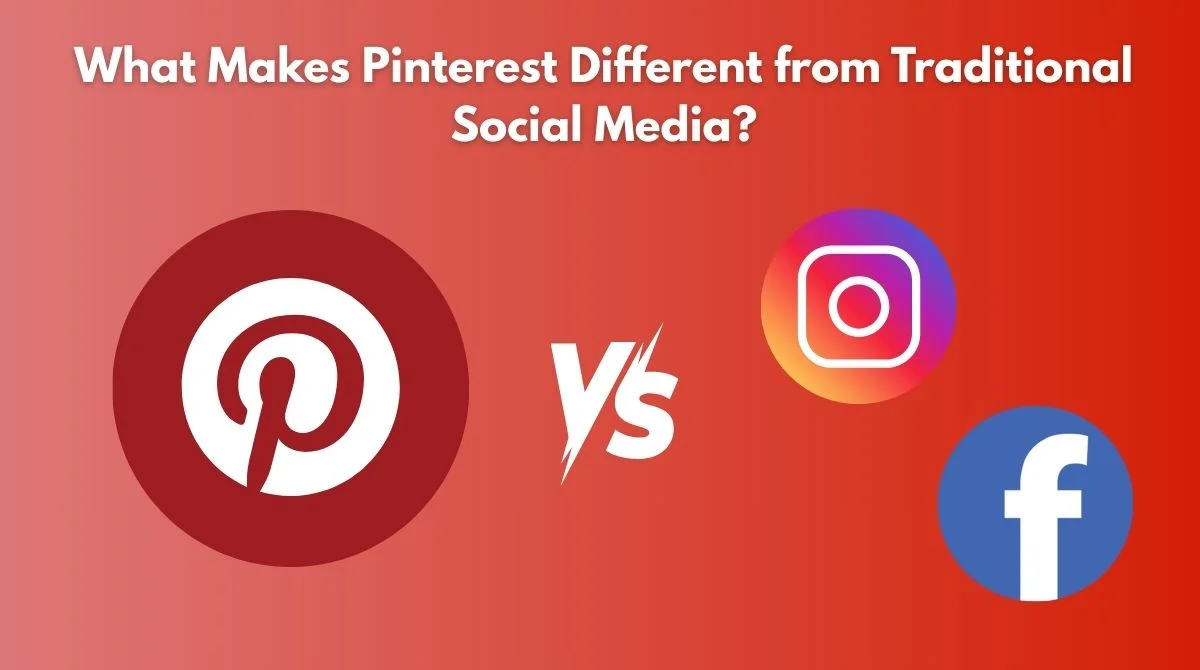
Pinterest as a Visual Search Engine
Many experts argue that Pinterest functions more like a search engine than social media. People don’t open Pinterest to socialize. Users aren’t on Pinterest to like selfies or comment on opinions; they’re there to search.
The platform processes billions of searches monthly. Users type keywords to find specific ideas, recipes, or inspiration. This search behavior mirrors Google more than Facebook.
Key Search Engine Features:
- Keyword-based discovery system.
- SEO optimization for pins.
- An algorithm that prioritizes relevant content.
- Visual search functionality through images.
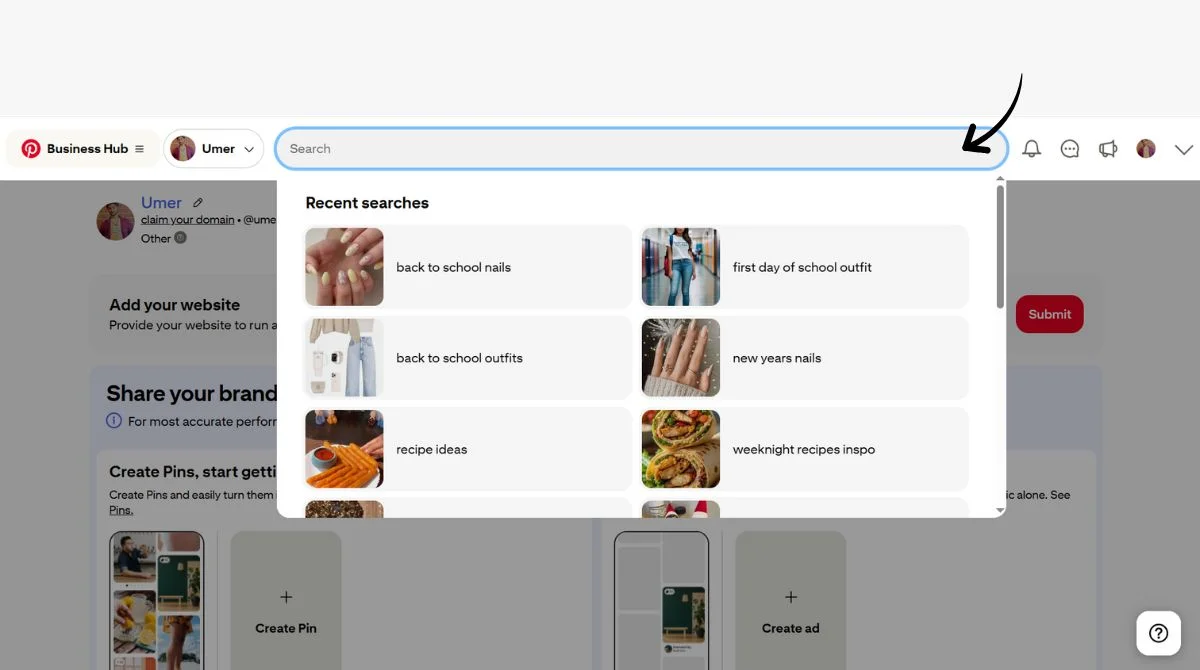
Social Media Elements Pinterest Does Have
Despite its search-focused nature, Pinterest contains social features. Pinterest can still be considered a social network since users can follow others, exchange messages, participate in group boards or Tailwind tribes, and share comments.
Users can interact through:
- Following other accounts.
- Commenting on pins.
- Messaging other users.
- Collaborating on group boards.
- Sharing content across networks.
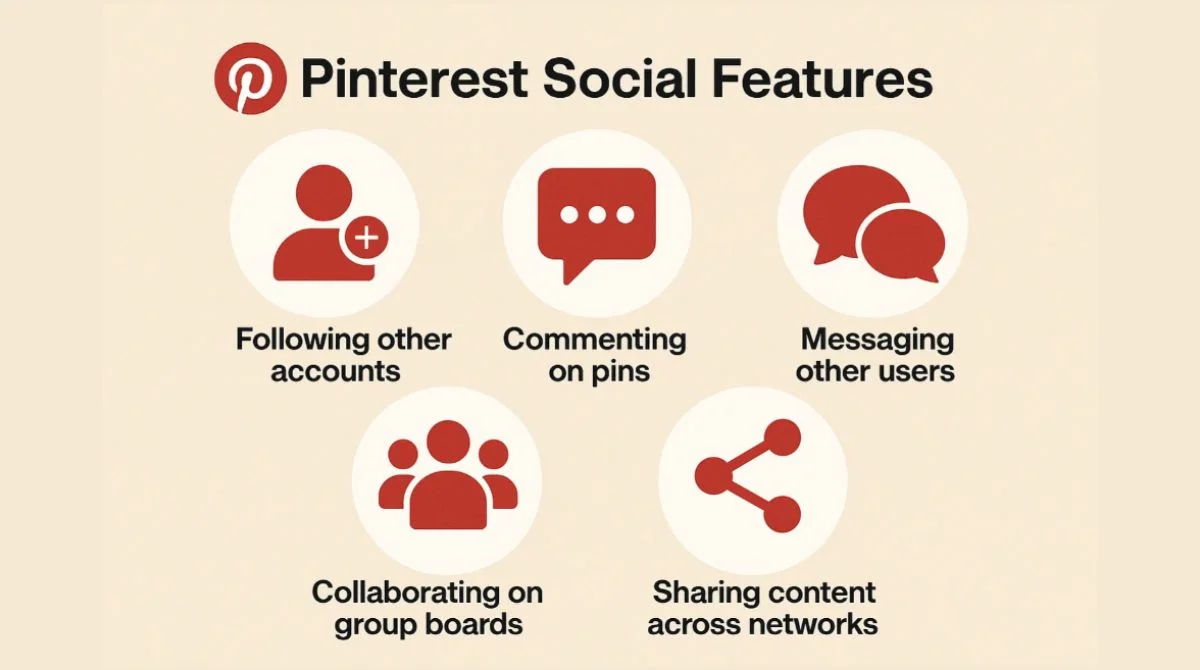
Current Pinterest Statistics for 2025
Pinterest continues to grow its user base significantly. As of January 2025, Pinterest has 537 million active users. This massive audience demonstrates the platform’s sustained popularity.
The platform shows impressive engagement metrics:
- Average session time exceeds other visual platforms.
- An average Pin has a lifetime of 3.76 months.
- Users spend substantial time browsing and saving content.
- Mobile usage dominates with 81% of monthly active users.
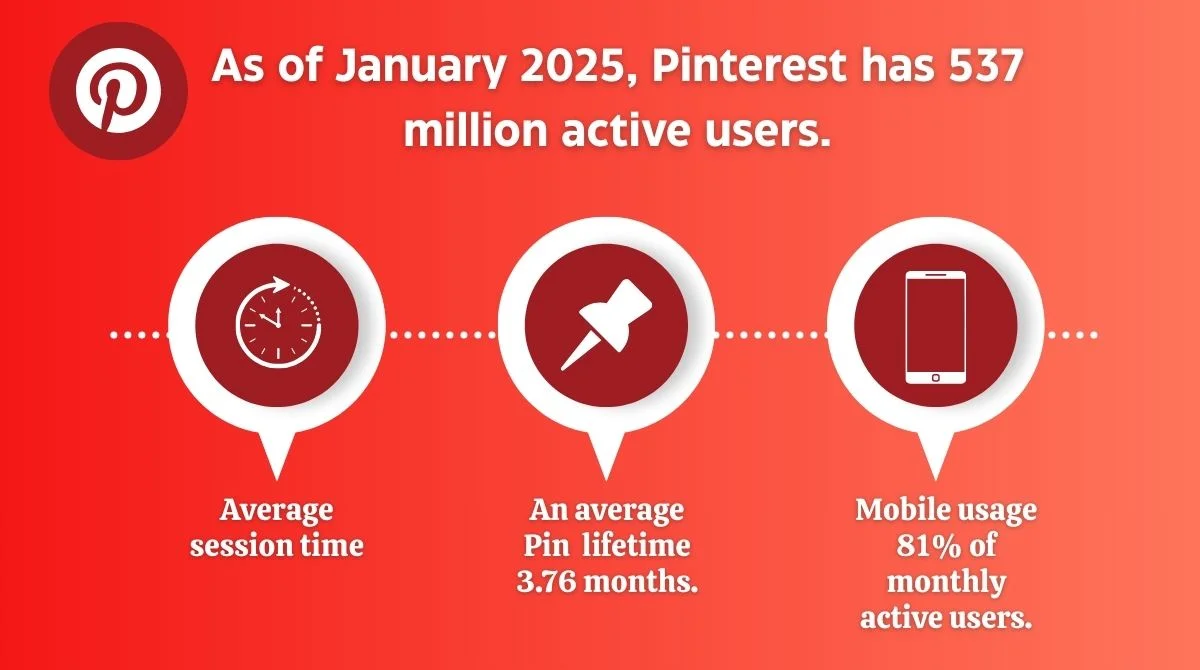
Why the Classification Matters for Marketers?
Understanding Pinterest’s hybrid nature affects marketing strategies. Businesses treating Pinterest like Facebook often see poor results. Success requires adapting to Pinterest’s unique user behavior.
Marketing Implications:
Visual Search Approach:
- Focus on keyword optimization.
- Create searchable pin descriptions.
- Design pins for discovery.
- Use trending keywords.
Social Media Elements:
- Build community through group boards.
- Engage with followers’ content.
- Share behind-the-scenes content.
- Respond to comments and messages.
Pinterest vs Other Social Platforms
Pinterest differs significantly from mainstream social media platforms:
Facebook/Instagram Focus:
- Personal connections.
- Real-time updates.
- Social interactions.
- News and entertainment.
Pinterest Focus:
- Future planning.
- Visual inspiration.
- Project ideas.
- Product discovery.
Pinterest doesn’t host exclusive content; every pin directs users to an external site, unlike most other social platforms. This linking structure reinforces its role as a discovery platform.
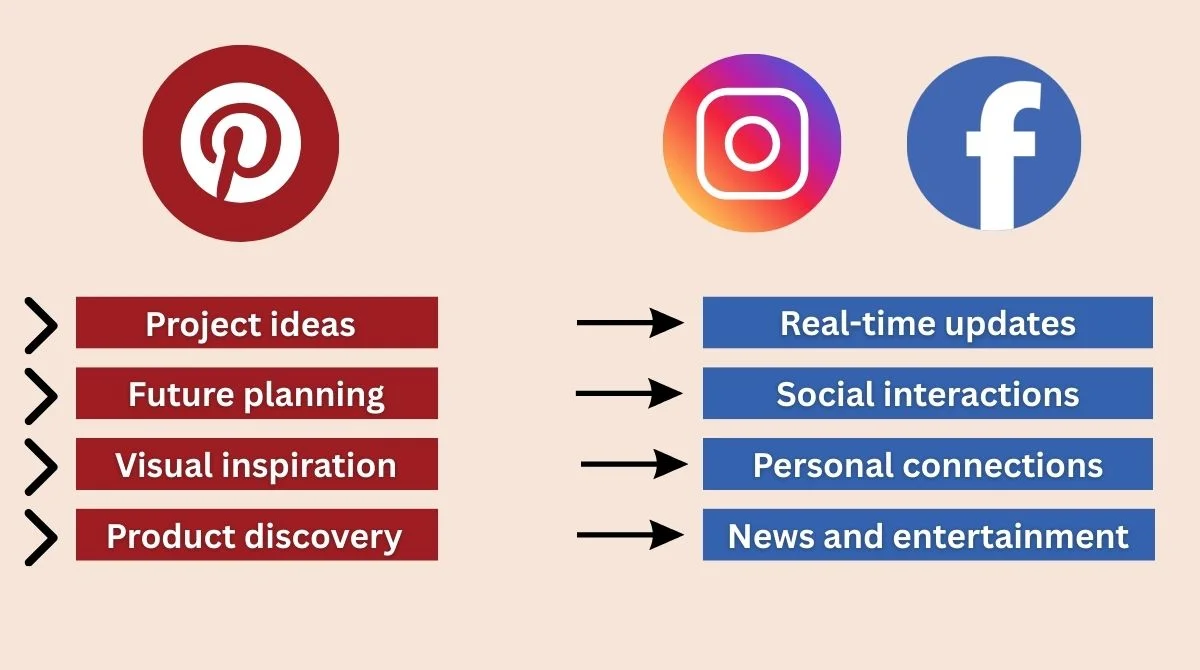
The Hybrid Platform Reality
Pinterest represents a new category of platform. It combines search engine functionality with social media features. This hybrid approach creates unique opportunities for businesses.
The platform serves multiple purposes:
- Visual search engine for ideas.
- Social bookmarking tool.
- Shopping discovery platform.
- Content distribution channel.
Business Benefits of Pinterest’s Unique Position
Companies leveraging Pinterest’s dual nature see better results. Compared to other social platforms, Pinterest generates 10 times more branded searches beyond its own site.
Smart businesses use Pinterest for:
- Driving website traffic.
- Increasing brand awareness.
- Generating qualified leads.
- Boosting sales conversions.
Content Strategy for Pinterest Success
Creating successful Pinterest content requires understanding user intent. People seek inspiration, solutions, and ideas. Content should provide value beyond entertainment.
Effective Pinterest Content:
- How-to tutorials.
- Recipe collections.
- Home design ideas.
- Fashion inspiration.
- Travel planning guides.
Pinterest Shopping and E-commerce Integration
Pinterest has evolved into a powerful shopping platform. Shopping ads on Pinterest achieve conversion rates 3 times higher than average.. This commercial focus distinguishes it from purely social platforms.
Shopping features include:
- Product Rich Pins.
- Shopping ads.
- Catalog integration.
- Try-on features.
- Price tracking.
User Behavior Patterns on Pinterest
Pinterest users behave differently from social media users. Pinners use it for solitary inspiration and planning. This individual’s focus affects content consumption patterns.
Typical user journey:
- Search for specific ideas.
- Browse related suggestions.
- Save interesting pins.
- Plan future projects.
- Return to saved content later.
The Verdict: Is Pinterest Social Media?
Pinterest is both a social media platform and a visual search engine. The platform incorporates elements from both categories without fitting perfectly into either.
Social Media Aspects:
- User profiles and following.
- Content sharing and commenting.
- Community features.
- Social interactions.
Search Engine Aspects:
- Keyword-based discovery.
- SEO optimization importance.
- Algorithm-driven content display.
- Information retrieval focus.
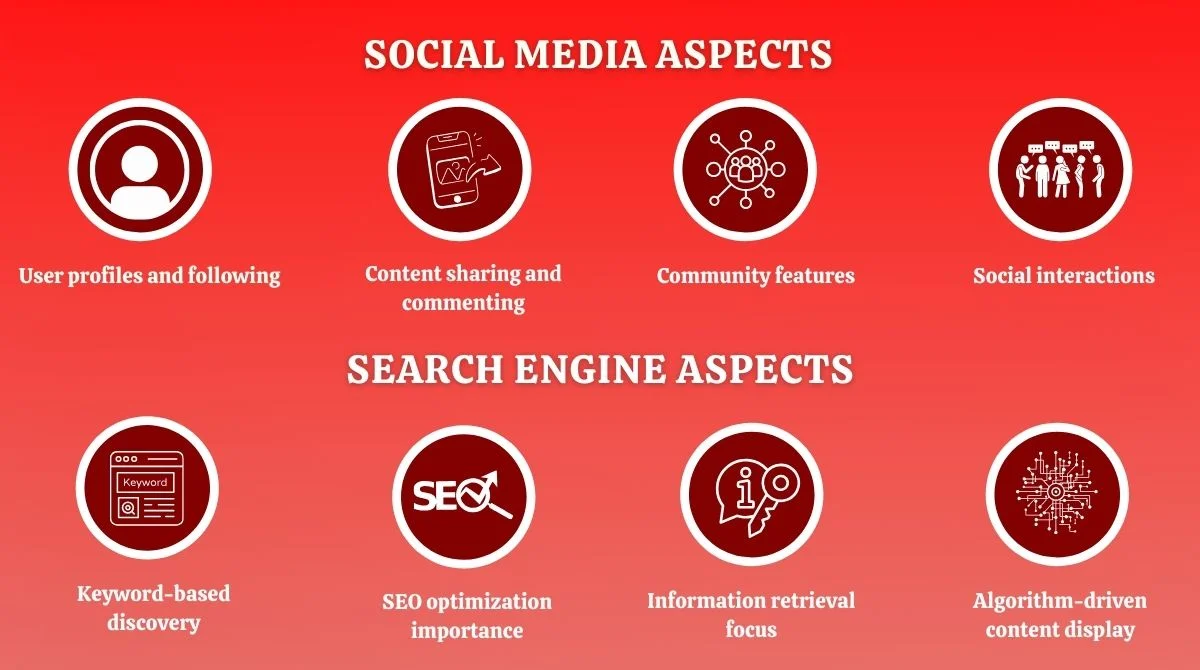
Future of Pinterest as a Platform
Pinterest continues evolving its identity. The platform adds more shopping features while maintaining its discovery-focused approach. This evolution strengthens its hybrid nature.
Expected developments:
- Enhanced visual search capabilities.
- Improved shopping integration.
- Advanced personalization.
- AR/VR features integration.
Conclusion
Is Pinterest considered social media? Yes, but it’s also a visual search engine. Pinterest combines social features with search functionality, creating a unique hybrid platform that offers a seamless blend of social and search capabilities. This dual nature offers businesses distinct advantages. You can utilize both social media tactics and SEO strategies to achieve better results. Focus on creating valuable, discoverable content that serves your audience’s specific needs.

